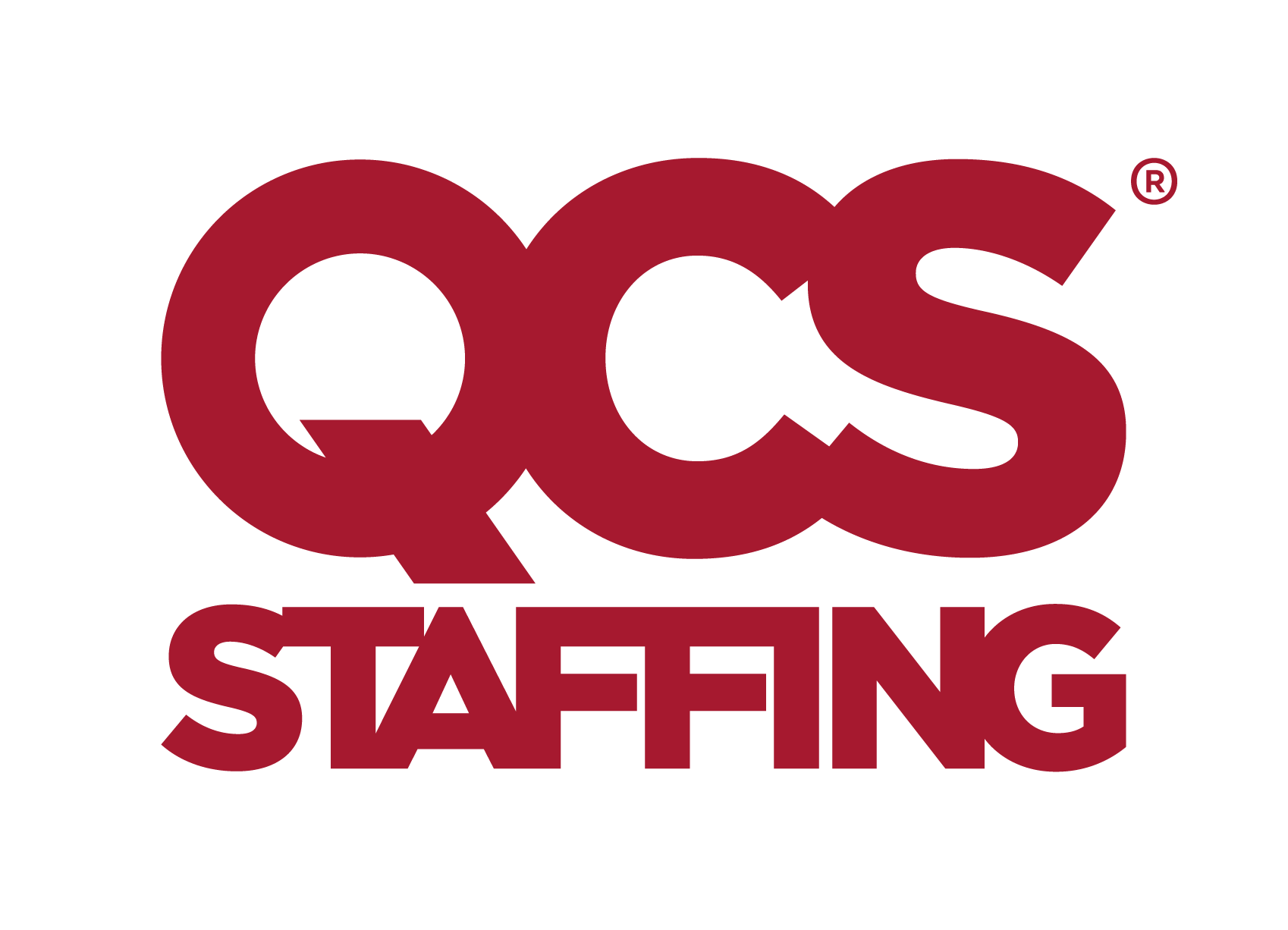What can we expect from the ICT industry in 2019?
Technology has continued to shape and re-shape the professional landscape in recent years, and as a result we’ve seen significant changes to the role of ICT in the modern workplace. Research and development, disruptive technology and significant international investment are continuing to shape the industry – but what exactly happened in 2018, and what does 2019 have in store?
Data is more important than ever
Big data has been a buzzword for many industries over the past few years, and that's not set to change any time soon. With data protection under increased security in the wake of widespread data breaches, we saw organisations and governing bodies looking at new, enhanced ways of collecting, storing and securing their data. With GDPR making otself known as a force to be reckoned with, data was at the forefront of many employers’ minds throughout the year. At QCS Staffing, we saw this reflected in the boom in data centre business and corresponding surge in candidates required to build and operate them. This meant a strong demand for IT skills and the mechanical, electrical and construction engineers that offer them, along with those involved in management, design, security and software development. As our reliance on the internet continues to grow stronger by the day, so too does the volume of information being generated – which means the focus on data will continue to remain steady throughout the 2020s.
Mobile moves ahead
Many of us are connected to one or more devices for most waking hours of the day, so it’s no surprise that people in the UK are spending a total of one day a week online. Smartphones are now the most popular internet-connected device out there, and the mobile system now covers more than 90% of the planet. This year we can expect to see commercial 5G to roll out across much of the nation, with major providers committing significant investment to support this. The first phase will be completed by April and will target high data rate, energy saving, cost reduction and higher system capacity. Not only is this good news for consumers and organisations that rely on high-speed internet connectivity in their daily operations, but also those professionals who work in this space.
New technologies become embedded
The past few years have seen new more and more progressive technology take off, such as virtual reality, robotics and the Internet of Things tentatively introduced into industries. In 2019, many of these new technologies will become mainstays of professional life. By 2021, 3rd platform technologies – big data and analytics, cloud, mobile and social – will account for 23% of total ICT spending, disrupting the market and allowing us to move towards an economy more focused on digital transformation. We know that the need to upgrade outdated infrastructure will be the biggest driver of ICT budget increases this year, with a focus on operating systems, virtualisation software and technology that enhances productivity and security. People working in this area can expect to see heightened demand for their skills this year, particularly if they can show a proficiency for new technologies and a willingness to adapt alongside emerging tech trends, such as the rise in net zero technology.
ICT at QCS Staffing
We’ve been providing services to the ICT sector since 1992, matching the right candidates with the right roles across the globe. As a key ICT partner to clients across multiple industries, we’re proud of our niche industry knowledge and ability to stay on top of market trends and demands. Make the most of our expertise by speaking to us about how we can best partner with you. Or, head to our ICT hub to explore our range of roles, including ICT technician vacancies, IT contract jobs, OCT engineering positions and more.







